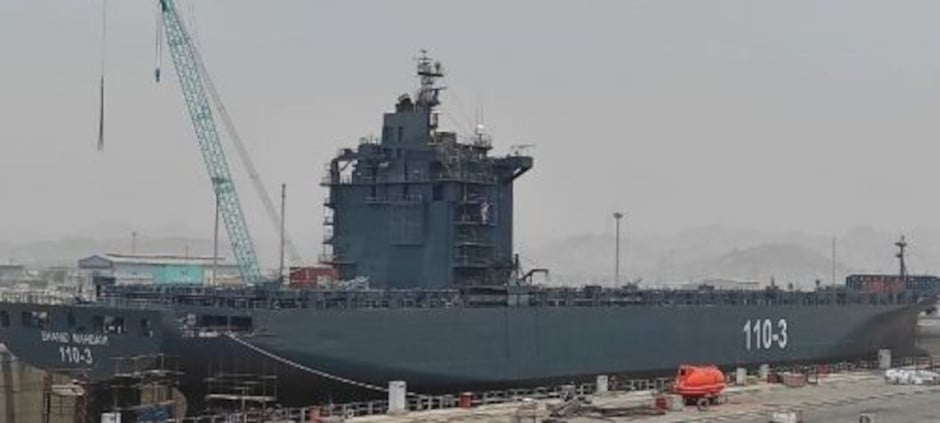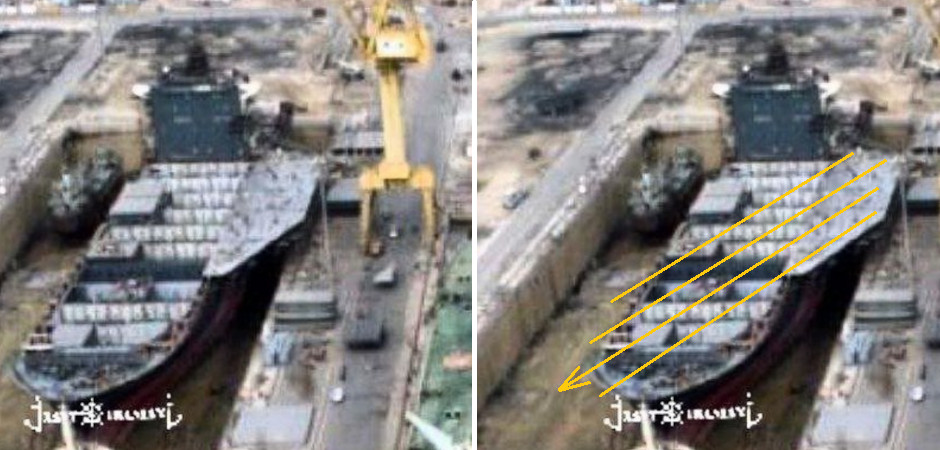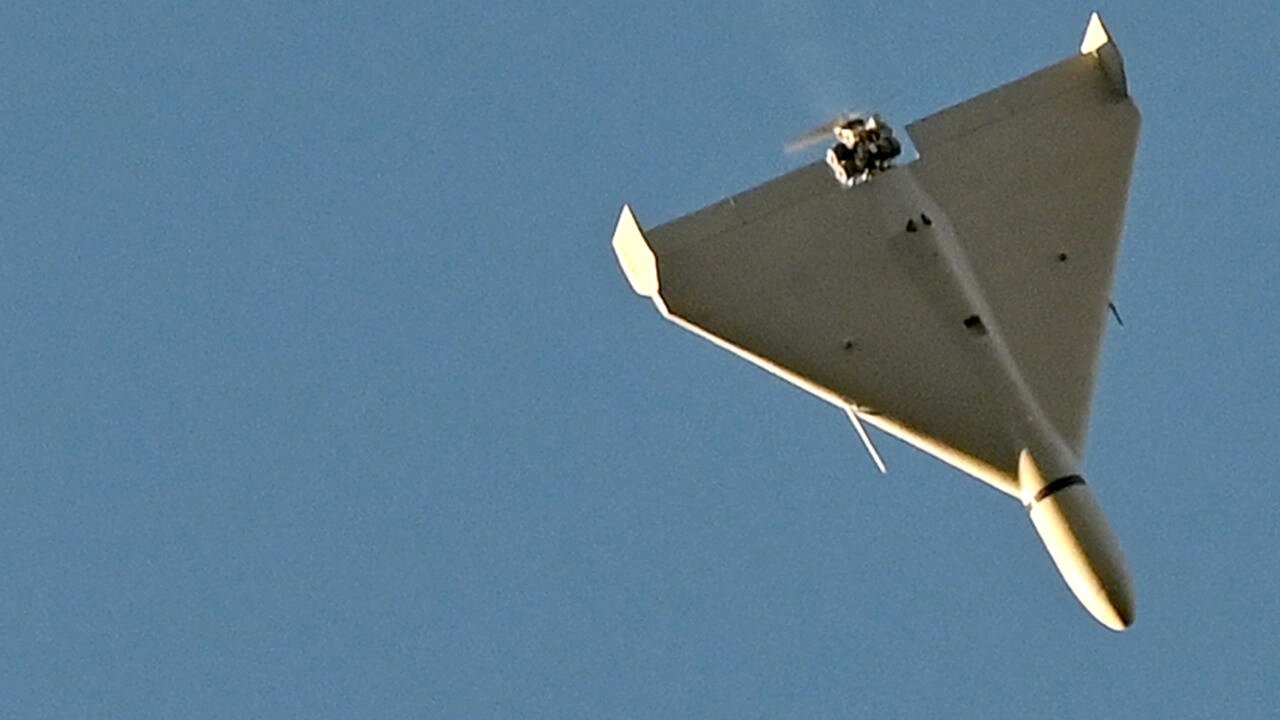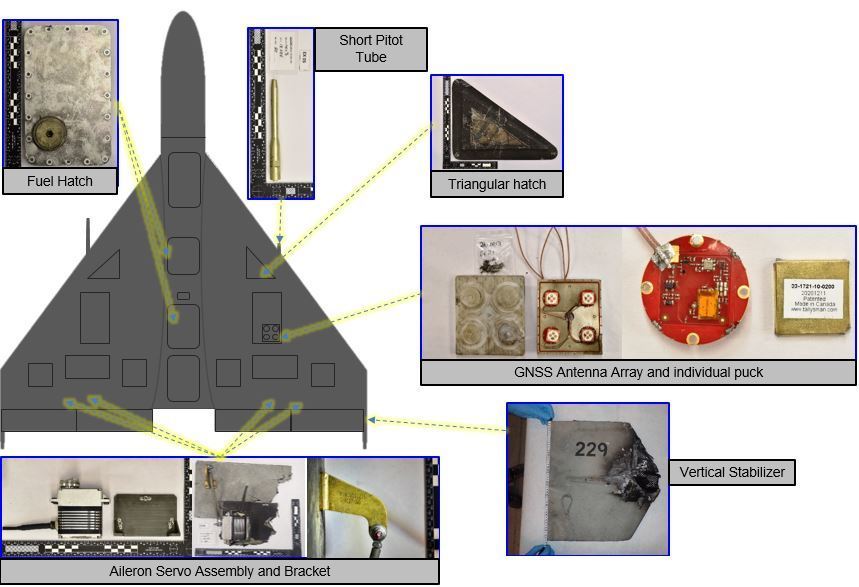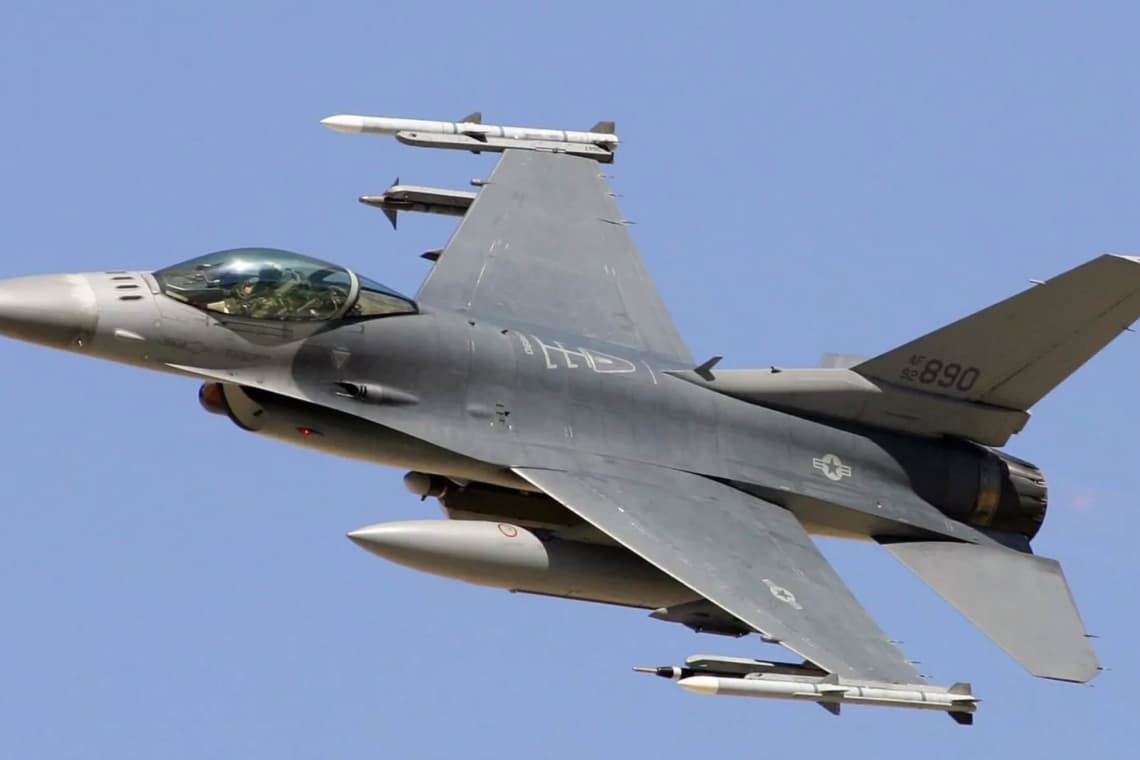Blasts Rock Ukraine’s Cities as Russia Launches Two Waves of Missile Attacks
Ukrainian officials say Moscow used ballistic missiles, which Ukraine’s current air defenses can’t intercept
https://www.wsj.com/articles/blasts-rock-ukraines-cities-in-morning-russian-missile-attacks-11673689664

Russia launched two waves of missile attacks on Saturday against critical infrastructure in Ukraine’s capital and other cities across the country, seeking to deprive residents of power as it steps up its military campaign in the east.
Kyiv and other cities were struck in an early-morning barrage that officials said included ballistic missiles, and a second volley in the afternoon targeted the western part of the country. Across Ukraine, air-defense units scrambled to try to intercept the projectiles.
In Dnipro, a major city in eastern Ukraine, an entire section of a large residential building was decimated by a Russian missile. “It’s a tragedy,” the city’s mayor Borys Filatov said in a post on Telegram. “We’ll spend all night sifting through the ruins.
Valentyn Reznichenko, head of the surrounding Dnipropetrovsk region, said five deaths had been confirmed—a figure likely to grow as emergency services continued to work at the site—with 27 people wounded.
Saturday’s strikes ended a lull of nearly two weeks without major Russian missile attacks on Ukrainian infrastructure.
During the morning strikes, no air-raid sirens sounded in Kyiv, as they usually do before attacks, and residents had little advance notice of the incoming projectiles. Ukrainian officials and Telegram channels that track the trajectory of Russian projectiles said they believed Russia had used ballistic missiles, some of which can soar beyond the atmosphere at hypersonic speeds, making them harder to shoot down.
Yuriy Ihnat, a spokesman for the Ukrainian Air Force, said the missiles were likely fired from the north. “Ballistic [rockets] are not accessible for us to spot them and shoot them down,” he said.
A Ukrainian law-enforcement official said Russia’s morning strike on Kyiv was likely carried out with operational-tactical ballistic missiles, such as Iskander, a mobile short-range ballistic missile used by Russia’s military. “They obviously saw that almost all the slow cruise missiles are being shot down,” he said.
Ukraine did get some good news on Saturday as the U.K. said it would send some of its Challenger 2 heavy battle tanks to the war-hit country. Prime Minister Rishi Sunak confirmed the transfer to Ukrainian President Volodymyr Zelensky. While the numbers of tanks involved in the transaction are likely to be small, the move is seen as significant by analysts as it could spur on other countries, including Germany, to begin sending their own advanced tanks.
Russia’s Embassy in the U.K. said Saturday that the tanks are “unlikely to help the Armed Forces of Ukraine turn the tide on the battlefield, and they will become a legitimate large target for Russian guns,” in comments carried by Russian state news agency TASS.
Russia has used ballistic missiles since the start of its invasion of Ukraine in February, but its stocks of such high-precision arms have dwindled. The bulk of strikes since Moscow launched its campaign to destroy energy infrastructure across Ukraine in early October has been carried out with cruise missiles such as Kalibr, which Ukraine has claimed a high success rate in intercepting.
Kyiv Mayor Vitali Klitschko said emergency services were working at the sites of two blasts in different parts of the city on Saturday morning, one of which damaged a nonresidential area after debris fell from a missile downed by air-defense teams. Authorities said 18 buildings had been damaged, though no casualties were reported.
The second wave of missiles, after 2 p.m. local time, was preceded by air-raid sirens across the country. Officials said air defenses were working in western regions of the country.
Ukraine’s limited air defenses aren’t equipped to deal with ballistic missiles, and the country is currently awaiting the shipment from the U.S. of a Patriot air-defense battery that can knock out such projectiles. Some 100 Ukrainian troops will be trained to use the system at a military base in Oklahoma, the Pentagon said this week.
“The speed of ballistic projectiles is the most critical thing that makes it difficult to intercept them,” said Mykola Bielieskov, a military analyst at the Kyiv-based National Institute for Strategic Studies, a government-backed think tank. “Since there was no warning it means very short flight time combined with big speed,” he added of Saturday’s strikes.
The U.S. government believes that Iran, which has supplied drones that Russia has used to target Ukrainian infrastructure in recent months, is considering the sale of hundreds of ballistic missiles to Russia, the U.S. ambassador to the United Nations, Linda Thomas-Greenfield, told the U.N. Security Council on Friday.
“We urge Iran to reverse course and not to take these steps. And we urge everyone who supports peace to ask Iran to do the same,” she said.
Saturday’s attacks come as Russia presses its military campaign in Ukraine’s east. Russia’s Defense Ministry said that its troops were continuing offensive operations around the eastern cities of Kupyansk and Lyman, both of which were retaken by Ukraine in recent months. Russian troops were fighting across the eastern Donetsk region, the ministry said Saturday, an area that Mr. Putin has claimed as part of Russia’s territory and whose defense is a priority for Moscow.
In Avdiivka, a town in eastern Ukraine, Russian artillery killed three civilians and left three more wounded, Vitalii Barabash, the head of the town, wrote on Facebook.
On Friday, Russia claimed it had completed the capture of the town of Soledar, which could give it a foothold for a further assault on the nearby city of Bakhmut, which Ukraine has defended fiercely in recent months.
Ukraine hasn’t confirmed that Soledar has been captured and says its troops continue to contest the town, which had a prewar population of 10,000 and now lies largely in ruins.
The seizure of Soledar would be of limited strategic significance but would be a psychological boost for Russia’s military after months on the defensive, following its withdrawal in November from Kherson in the south and a successful Ukrainian offensive that pushed Russia almost entirely out of the northeastern Kharkiv region in the fall.
Russian claims about the capture of Soledar have also exposed rifts among the various forces prosecuting Russia’s offensive in Ukraine’s east, which is being spearheaded by the Wagner Group, a paramilitary group that has substantially expanded its ranks after recruiting thousands of inmates from Russian jails for the fight in Ukraine.
When Russia’s Defense Ministry said on Friday that Soledar was under Russian control, it didn’t mention the role played in its capture by the Wagner Group, whose founder Yevgeny Prigozhin, a close ally to Russian President Vladimir Putin, claimed this week that its forces were instrumental in the fight for the town.
After public complaints from a Wagner commander who accused the Defense Ministry of “stealing the achievements of others,” the ministry issued a new statement praising Wagner as the pivotal force responsible for Soledar’s conquest.
On Saturday, a Telegram channel associated with Mr. Prigozhin released a video in which he says he is in Soledar, where he said he had arrived to award his fighters medals.
His army, he said, is the most experienced in the world, working independently with its own military equipment and fighters “who aren’t afraid to die” as the forces continue attempting to seize eastern Ukraine.
“The elephant can’t be eaten whole,” Mr. Prigozhin, clad in military fatigues, said in front of a partially destroyed house. “It needs to be eaten in parts.”
Happening Now: Large Barrage of Russian Missiles Hitting Ukraine
As of 9:11 AM eastern US time on Saturday, 14 January, reports are coming in that Russia has launched another large barrage of missiles against Ukraine. Reports claim at least eighty (80) Russian missiles are in the air right now, with explosions being reported in Kiev, Kharkov, Lviv, Termopil, and many more cities.
Power has reportedly failed in most of those cities, and more explosion reports are now coming in.
Air Raid Sirens are blaring in all the areas shown in red on the map above.
This story is being LIVE UPDATED. Check back for more.
UPDATE 9:17 AM EST --
In addition to the cities listed above, reports of missile impacts are also coming in from the following Ukraine cities: Vinnista, Chernovtsi, Dnepropetrovsk, Krivoy Rog, Khmelnitsky, Nikolaev, Kramatorsk, and Odessa.
UPDATE 9:37 AM EST --
More missiles are hitting even more sites in Ukraine. At this time it has become clear that Russia is targeting:
Energy facilities
Storage facilities of weapons and ammunition
INTERNET COMMUNICATIONS STATIONS!!!!
Anti-Aircraft systems
Transportation infrastructure







